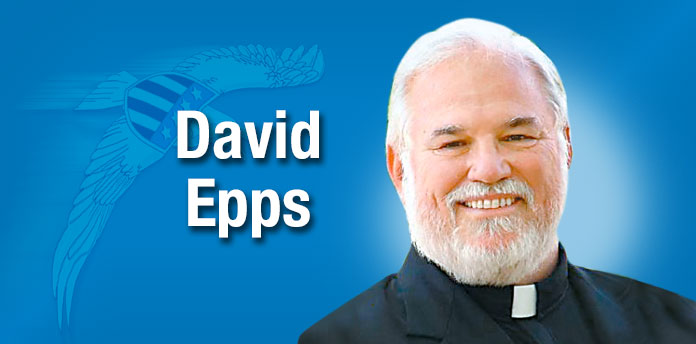We have just passed Mother’s Day and are approaching Father’s Day. Years ago, I followed the precedent set by pastors before me. A typical Mother’s Day service in church might recognize the oldest mother present, the youngest mother present, the mother who had the most children, the grandmother who had the most grandchildren and … well, you get the idea. And all mothers present received a token gift such as a rose.
Being a young pastor at the time, it never occurred to me that Mother’s Day might be a painful day for many women, but it is. In fact, a number of women would absent themselves from attending services that day because it was just too painful. Over the years I would find out how painful it could be.
One woman desperately wanted to have children. She had a little problem getting pregnant but taking a baby to term was not possible. At the time I knew her, she and her husband had lived through five miscarriages, each one bringing a broken heart and lost dreams for the couple. Many, perhaps even most, women who suffer a miscarriage can eventually bring a baby or babies into the world. Some, however, are not able to see that dream realized.
There are also women who can’t get pregnant at all. They, too, have hopes and dreams for a family but do not see these realized. Some moms have had a baby who, in the early years of life, died from disease, accidents, or other causes. I began to understand why some women would not attend church on that day. It’s hard to watch other mothers get lauded and recognized while they, whatever the cause, are childless.
Not all women want a baby. About a million women a year who get pregnant get an abortion. Some women choose to not have children during their lifetime. Other women get pregnant, do not want a child, but carry the child to term and offer the child up for adoption.
All the above has to do with biology. Most mothers have children they have borne. They are biological mothers. But what about other types of moms? “Mother figures,” if you will.
When I was five, I met Stephen Duncan who lived with his grandparents four houses down. We became childhood mates and over the years spent the night at each other’s houses, listened to music, built shelters in the woods, went to church youth group together, and even learned to play chess and had great battles on the chessboard. When I married, Steve was my best man.
Steve’s grandmother, who, with her husband, raised Steve, also treated me as one of her own, including feeding me and smacking my butt when I got out of line. My mom did the same for Steve although he was never disrespectful or disobedient, so he never got any part of his body smacked.
There are, however, women whose womb has never birthed a child who have been mothers to many children not their own. When I was a social worker, I met several foster mothers who, though having never raised children of their own, opened their homes and hearts to children who needed a safe place of refuge.
I know a lady who has been a rock for many children over the years who have seen her as a mother or grandmother. Children have always flocked to her and have been rewarded with love.
There was a young woman who voluntarily never had children. At the age of 18 she entered a convent in Ireland. After six weeks, she was sent to another country to be a teacher, a role she had for seventeen years. At the end of that time, she received what she called a “call within a call.”
She had taken notice of the multitudes around her who were ill clothed, unfed, homeless, sick, and unloved. She began to take to the streets and, as she did, others joined her. There was something in the heart of young Sister Teresa that caused the people to trust her and others to follow her calling. She would later be called what she truly was: a mother to thousands of “motherless people” who were in life’s dire straits.
Although her primary call was to India, when she died in 1997, Mother Teresa had under her care 4,000 nuns, 100,000 lay volunteers, and 610 missions in 87 countries. She had received the Nobel Prize for Peace and was described as “one of the most influential women in the 2,000-year history of the church.” For more than 50 years she comforted the poor, the dying, and the unwanted. The Christian world now knows her as Saint Teresa of Calcutta. Would anyone honestly dare to say that Mother Teresa wasn’t a “real mother”?
Almost all of us have had women who have “mothered us” somewhere along the way and made a difference in our lives and futures. These, too, have a place in the Mother’s Day recognitions. The foster mother, the adoptive mother, the biological women who have borne children, those who become substitute moms, grandmoms, aunts, sisters, and the women who have influenced even one person. All these have the capacity to affect countless lives and to change, for the better, a part of the world.
Thank you, ladies. Whether you know it or not, you were there when we needed someone, and you stood by us to help us. Please don’t stop. You are needed.
[David Epps is the Rector of the Cathedral of Christ the King (www.ctk.life). Worship services are on Sundays at 10:00 a.m. and on livestream at www.ctk.life. He is the bishop of the Diocese of the Mid-South (www.midsouthdiocese.life). He may be contacted at [email protected].]













Leave a Comment
You must be logged in to post a comment.